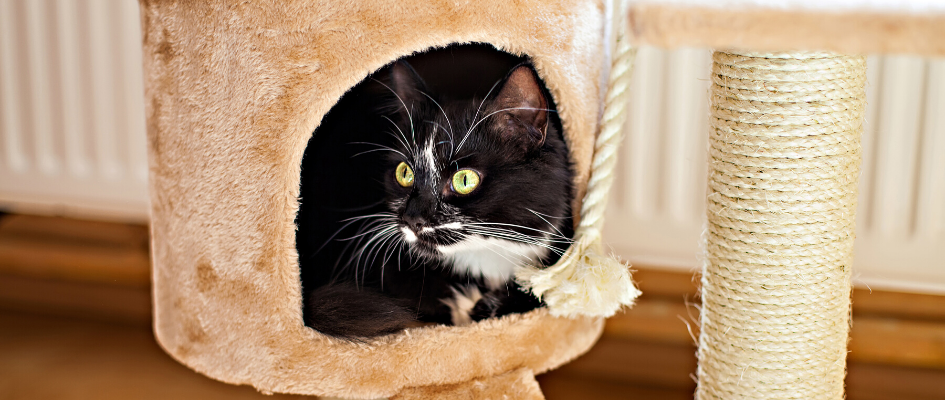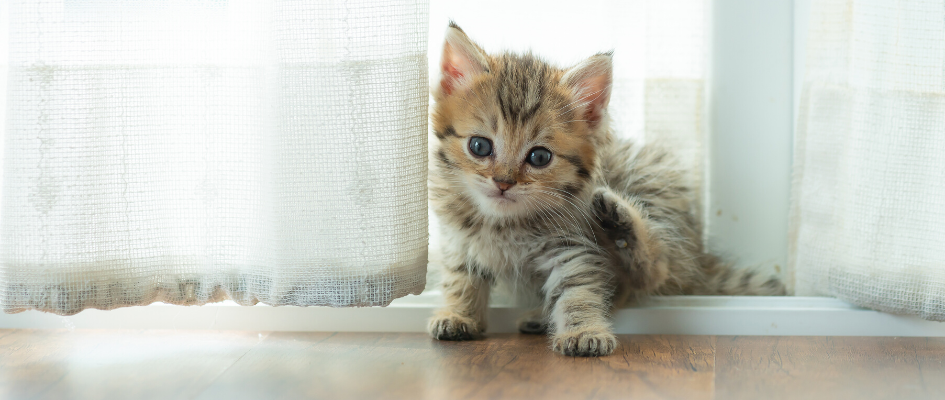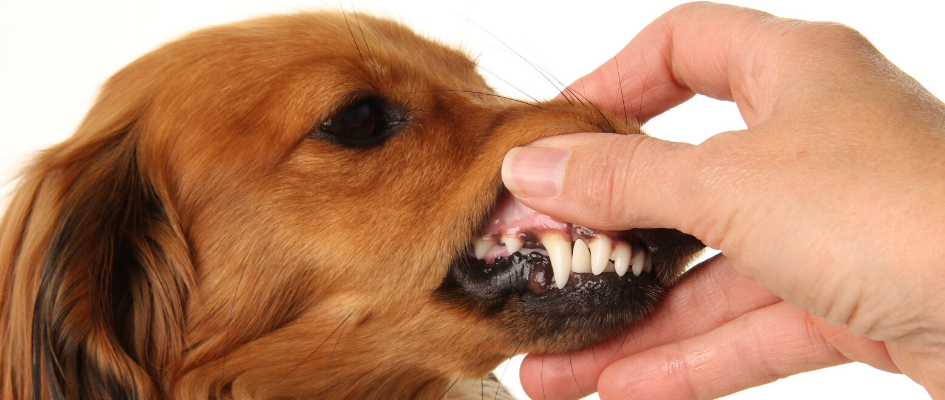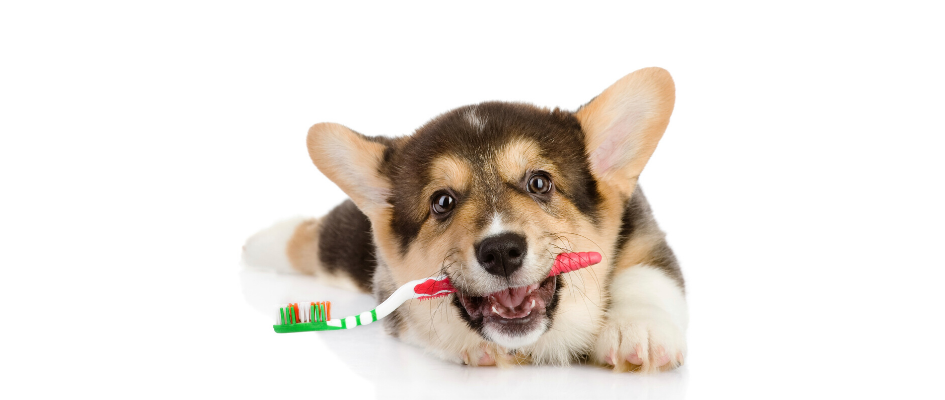Why is it important?
In just 7 years, two cats can (given ideal conditions) produce 40,000 offspring – no wonder, then, that cat rehoming centres are full to bursting. In addition, unneutered cats are prone to a number of annoying and unpleasant habits, which can be easily prevented by neutering. In this guide, we’ll look at the advantages of spaying or neutering, and then briefly discuss the procedure and aftercare needed.
What are the benefits?
As well as rendering them infertile, neutering (unlike a vasectomy or hysterectomy) also stops cats from making sex hormones (oestrogen in the queens, testosterone in the toms). This can have important impacts on their behaviour and health.
Reproductive
The main advantage of neutering is, of course, the fact that a neutered cat cannot reproduce. With the world cat population being as healthy as it is, there is no good reason to breed from your cat unless they have excellent genetics that should be preserved. If not, neutering will make your life (and theirs) much less crowded!
Behaviour
- Aggression: Sex hormones drive aggression in both toms and queens; once neutered, you can expect cats to be more friendly and less aggressive. This is especially marked in toms!
- Calling: When in season, queens cry out in a high-pitched voice, and roll around on the floor. People often think they are injured or in pain, but actually they’re calling for a mate – something they won’t do once neutered.
- Urine spraying: Tomcats tend to mark their territory by spraying foul-smelling urine up every available surface. Once neutered, this hormone-driven behaviour (and also their pungent male odour) will stop.
Health
Mammary tumours (breast cancer) and pyometra (womb infections) are much less common in neutered cats. There is also some evidence that diseases like FeLV and FIV may be rarer, and cat bite abscesses are less likely to occur as neutered cats tend to fight less.
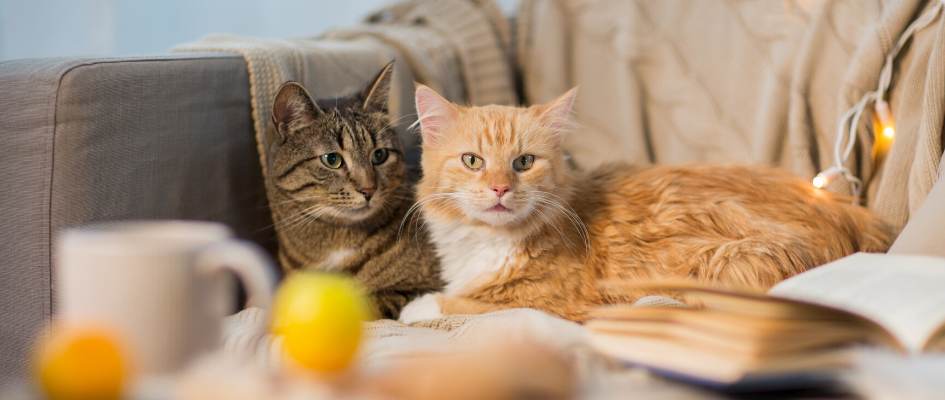
Are there any risks?
There is always a small surgical risk, although it isn’t considered a significant threat to health. There is some evidence that neutered cats are at higher risk of FLUTD, and possibly blocked bladders (although this is being challenged nowadays). Certainly, neutered cats are more likely to be obese, unless their owners realise the risk and feed them a little less.
How do I prepare my cat for spaying or neutering?
When your cat is booked in for spaying or neutering, it is important to make sure they’re properly prepared. In general, this means that if at all possible they should be starved (no food after 6pm and no drink aft midnight the night before). Then bring them to the practice in the morning and the nurses will admit them for the day for their procedure.
What happens – Queens (the girls)
In females, the procedure is called Spaying. This involves a general anaesthetic and a clipped patch surrounding a small incision (perhaps 1cm long) on one flank. Through this “keyhole” the vet will remove the cat’s ovaries and uterus (womb) before tying off the blood vessels and stumps, and then closing the incision with stitches or, sometimes, glue. You can normally expect her to go home the same day.
What happens – Toms (the boys)
For tomcats, the procedure is called castration, and involves surgical removal of both testicles. Once under anaesthetic, the vet will pluck the hair from his scrotum (“ball sack”) and then make two small incisions in it, one on each side. Through these, the testicles are removed and then snipped off, and the cords tied. Often, the incisions are left open to drain, but it is sometimes more appropriate to close them with glue or sutures. This is a much easier procedure than spaying (the testicles being much more accessible than a queen’s ovaries) and you can usually expect him to go home the same day.
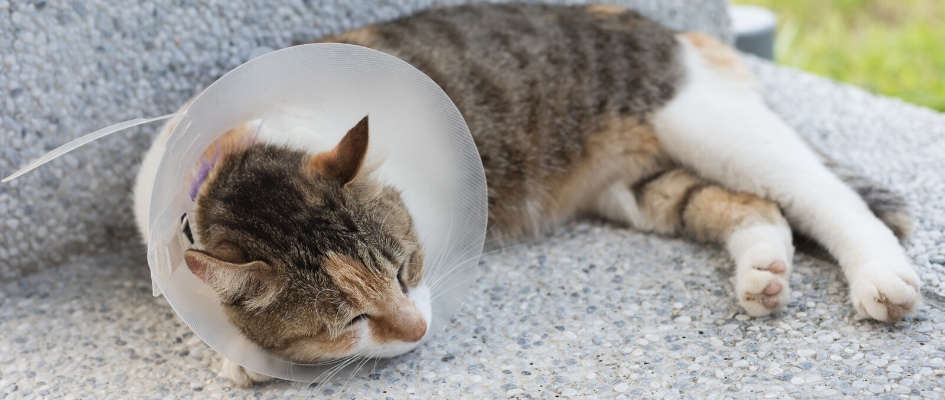
What happens afterwards?
After the procedure, your cat will usually go home with an Elizabethan collar (or cone) on. This is to prevent them from licking at their surgical wounds – licking and nibbling will pull out stitches and will introduce infection. It takes about 10 days for the skin to heal fully, and during this period they must NOT be allowed to interfere with the wounds. At the end of this time, the practice will often ask to see them again, to remove any stitches and give them a final once-over before signing them off!
In conclusion…
Spaying or neutering may seem like a big step, but it genuinely does improve cat welfare – by reducing population pressure, and making our pets much easier to live with!
What do I do if I want to know more?
To find out more on spaying or neutering, find details of your local branch, then just contact your local Goddard vet. Don’t forget, ProActive Pets members receive 20% off routine neutering!

